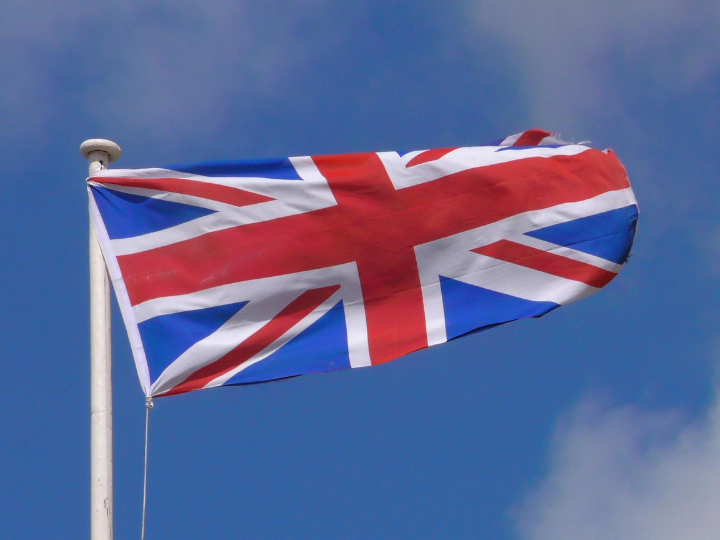by Dharmendra Kanani*
Over lockdown summer, there’s been a striking gendered approach to maintaining, protecting and unravelling democracy.
Across the world a group of male political leaders have been hell-bent on demonstrating their prowess in exercising power without restraint – whether it’s by clinging to office despite widespread civil unrest, rewriting constitutions, undermining the independence of the judiciary, through to silencing or harassing the media, either consigning them as ‘foreign interference’ or just ‘fake news’.
These incidents are just the tip of the iceberg in the global march of authoritarianism. If you blink you might miss them as a whole. It’s a steady creep which is difficult to make sense of as a dynamic malaise because it feels disparate and unconnected. Its manifestations range from Trump systematically sowing seeds of doubt about the US election process, to Lukashenko’s brutal crackdown in Belarus and similar actions of leaders in Hungary, Poland and elsewhere in Europe’s backyard. The growth of this illiberalism is due largely to the fat, lazy and complacent ‘left’, taking its ideology for granted, paying scant attention to harsh economic divides and failing to reinvent itself when faced with today’s harsh realities.
At the same time, we have seen the encouraging emergence of women leaders, elected or otherwise, fighting for democracy and promoting better governance. From Belarus, Afghanistan, Iraq, Malawi, the US, New Zealand, Rwanda, Namibia, Kenya Bolivia, Lebanon, Tunisia, France, India – the list goes on. All of them, either as Mayors, Chiefs, political leaders, activists are creating space and movements of communities seeking a different kind of conversation about power and how to govern.
The sense of global solidarity to uphold and protect human rights and basic freedoms has faltered
This is an unprecedented shift. Women have more global impact now than in any previous generation. What’s at stake in a world dominated by male leaders is that the heady creep of the ‘strong man’ dynamic. In this regard, let’s pay heed to the lessons of the bystander tragedy of the 1930s and the modern equivalent of simply shrugging our shoulders at the latest shocking revelation of abuse – as if it’s merely par the course.
What does this mean, for foreign policy? In the early part of this century, mainly due to growing antipathy towards multilateralism in the US, the sense of global solidarity to uphold and protect human rights and basic freedoms has faltered. With the growth in the power of the East and Russia’s continuing mendacity, there’s an ever-growing vacuum for leadership that safeguards fundamental rights, freedoms and progressive liberalism.
The coronavirus crisis has simply laid bare and emboldened the geopolitical, economic, political and social problems inside the EU and across the globe. This crisis reveals the poor health of local, regional and global governance and cooperation when it actually matters.
Is this a role which the European Union can step into, in its desire to be a ‘geopolitical’ power?
This is a moment for transformation and change, one that requires tearing up the rule book
EU foreign policy is currently an unguided process looking for purpose, stamina and leadership – it’s ad hoc at best and is at risk of missing out on key opportunities to lead in global, regional developments and structures. It has yet to capitalise on the vacuum created by the US’s recalcitrance and an ‘America First’ mantra.
The November US elections will determine the fate not only of EU-US relations but also the future of multilateralism, free trade and neo-liberalism. A Trump victory would mean the continuation of a nihilistic approach to liberal democracy and climate change. So, there’s a lot at stake. Unless of course the EU strikes a different pose on the world stage for progressive politics.
While the EU should be bold about its commitment to multilateralism, it cannot defend it on its own. Europe needs to adopt a more strategic approach towards great powers. It must look for more like-minded partners, beyond the ‘Big 3’ of Russia, China and US, and perhaps explore better relations with smaller strategic states across Asia and in the South, in particular to serve as balancers that share a similar value-based and geopolitical solidarity.
There’s need to reframe foreign policy to be about political, economic and social change, not only security and defence matters. Using the EU’s diplomatic network more proactively would serve this process well, combining sanctions, using conditionality in financing for demonstrable change; and facilitating better NGO engagement in countries and regions where it is evident that movements – led by people especially women and community organisations – can be the catalyst for sustainable change. Belarus is a classic example of where this would be of significant benefit.
This is a moment for transformation and change, one that requires tearing up the rule book. Nations must work together globally and develop a global system of governance that capitalises on their interdependencies and their respective and mutually shared interest.
Let’s learn from Nina, a 73-year-old great grandmother from Belarus. The image of her standing up to riot police has inspired masses of younger generations. Her philosophy is simple, “I don’t consider myself a special hero, that’s the duty of any normal person, people must be free.”
*Director of Insights at Friends of Europe
**first published in: www.friendsofeurope.org




 By: N. Peter Kramer
By: N. Peter Kramer
